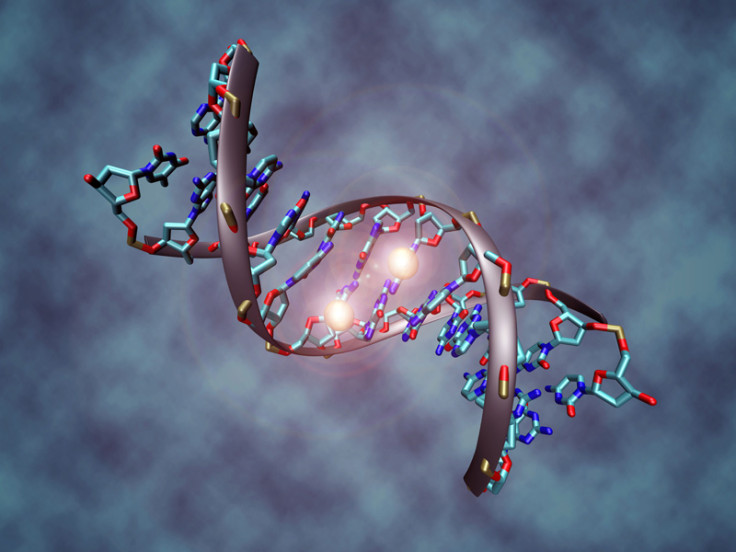Epigenetic Engineering: Silencing A Gene Can Cause Cancer

Cancer doesn't always begin with genetic mutations: simply turning a gene off is enough.
Studies with mice has provided the first evidence that turning a gene on or off can cause cancer. The study gives hope on how epigenetic engineering (deliberately turning genes on and off) can be used to study predisposition to diseases and prevent it.
While an individual's DNA remains unchanged through life, epigenetic alterations influence how their DNA sequence is read. This includes switching particular genes on or off, which can cause cancer.
Researchers at the Children's Nutrition Research Center at Baylor College of Medicine and Texas Children's Hospital have shown how epigenetic changes can lead to cancer in mice. Their report appears in the Journal of Clinical Investigation.
The team focused on p16 – a gene known to prevent cancer – but is common in many human cancers. Engineering a process called 'methylation' in the gene led to a higher incidences of spontaneous cancers, and reduced survival rates in the mice.
There are other genes connected to other diseases – including neuro-developmental diseases, obesity and diabetes – which allow for epigenetic engineering.
Understanding the epigenetic changes that predispose people to the diseases, they can be prevented, say scientists.
© Copyright IBTimes 2024. All rights reserved.





